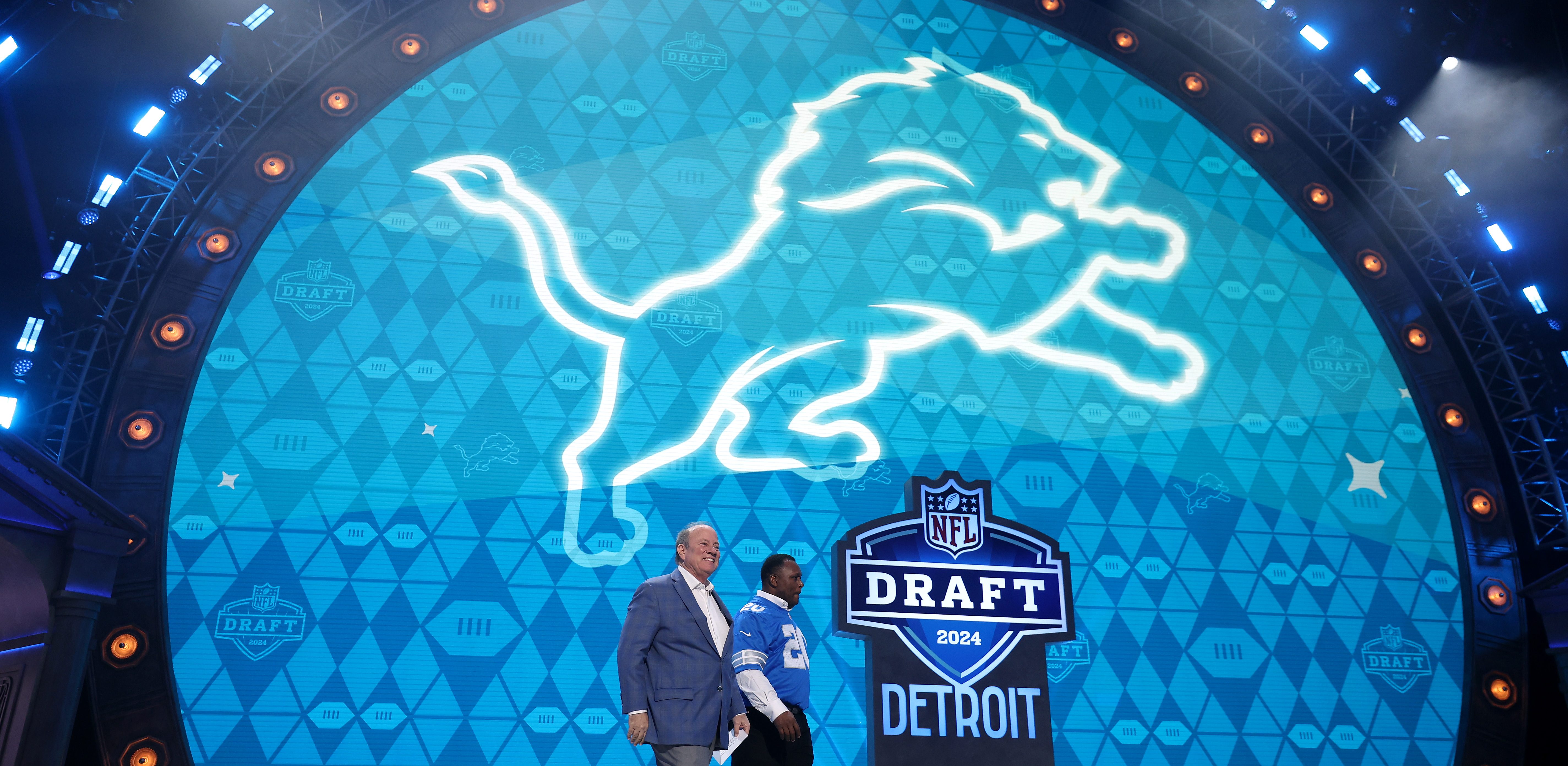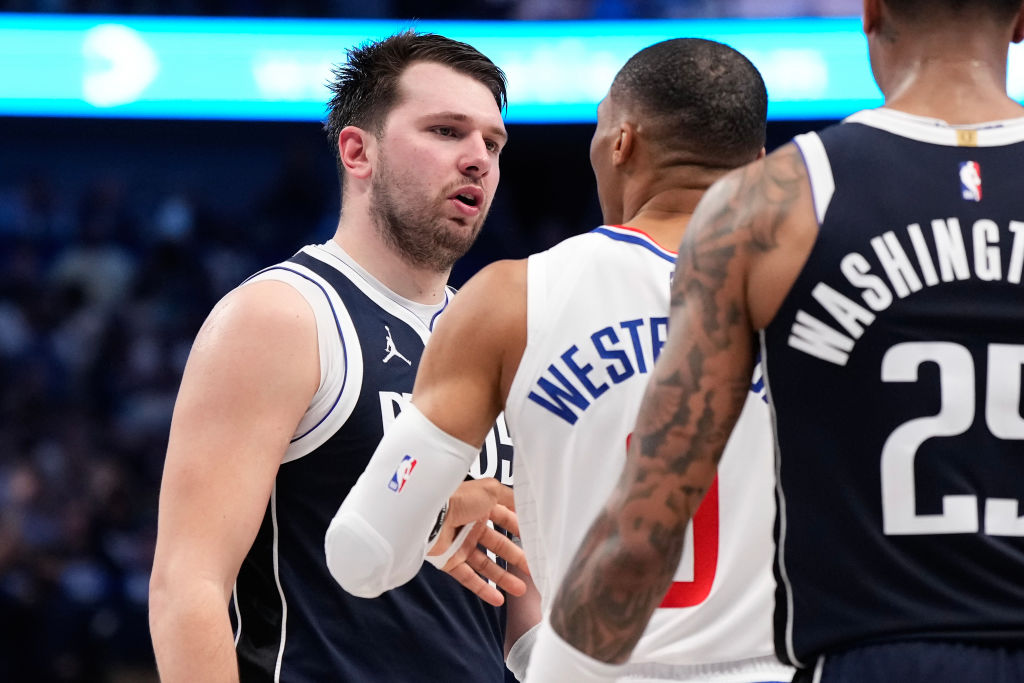The Dodgers coaching staff deserves a raise.
The Boys in Blue have the best record in baseball, but it was some wizardry by Dodgers' bench coach Bob Geren on Tuesday night that assisted in Los Angeles earning their MLB-best 70th win.
The hullabaloo began in the bottom of the sixth inning when Minnesota Twins' manager Paul Molitor opted to go to the bullpen for relief pitcher Ryan Pressly with one out, a runner on second, and Yasiel Puig at the plate.
As every National League manager knows, the double-switch is a valuable asset late in the game when you're at the bottom of the lineup, because it allows a position player to come off the bench and replace the pitcher's spot in the lineup while entering the game as a defensive substitution.
This allows the relief pitcher to avoid having to immediately come to the plate in case the team wants him to throw more than one inning, eventually using a pinch-hitter in his place when his spot ultimately does come in the lineup.
For Molitor, maybe the infrequency of the move in the American League where pitchers don't bat, and there is a designated hitter in every lineup was the cause for confusion, or it could be as simple as Molitor having a momentary lapse of judgment when he spoke to home plate umpire Lance Barrett, but regardless he said the wrong name and confusion ensued.
Molitor reportedly told Barrett that he wanted to insert Ehire Adrianza into the game in the ninth spot in the lineup and move Pressly to the fifth spot in the lineup. So that's what Barrett put on his official lineup card.
However, Molitor did not want Pressly in the fifth spot in the lineup, he wanted him in the seventh spot, in place of Jorge Polanco, and for Adrianza to move to shortstop. That's the physical switch that happened on the field and that's what was reflected on the Dodgers in-stadium scoreboard.

"There was obvious miscommunication when I went out there to make the double-switch," Molitor told reporters after the game. "What I think I said and what he [Barrett] thought he heard were two different things, so after the first pitch was thrown, Dave [Roberts] came out and was obviously told something different than what we were doing and that is when all hell broke loose."
Sports
Get today's sports news out of Los Angeles. Here's the latest on the Dodgers, Lakers, Angels, Kings, Galaxy, LAFC, USC, UCLA and more LA teams.
Meanwhile, Dodgers' manager Dave Roberts knew something was amiss immediately as Geren, rule book in hand, pointed out to Roberts that Eddie Rosario, who was batting fifth in the Minnesota lineup, did not come out of the game, but that Polanco, who was batting seventh, did.
Roberts wisely waited for Pressly to throw a pitch before confronting the home plate umpire with the error.
Why did he wait a pitch?
Because he knew once a pitch was thrown, the switch would become official, and if the scorecard held by the home plate umpire was correct, then Rosario, a .296 hitter and the man who was a triple shy of the cycle on Monday night against the Dodgers, would have to come out of the game.
"Bob and I had never heard of this before," said Roberts. "Just to cover ourselves, I wanted to wait for a pitch to be thrown. Once the player [Rosario] who was supposed to be out of the game was still in the game, I wanted to get clarity that the right players were out there.
"In the sense where the pitcher was in a couple places higher then they would have liked, I think that was an advantage, and obviously to lose Rosario I think was an advantage too. The umpires did a good job. It took a little bit longer, but the important thing is they got it right."
The delay took approximately 18 minutes as the umpires decided to discuss the rules with replay officials in New York.
After another 10 minutes with MLB officials, the umpires were told there was no precedent for something like this before, and the best course of action was to restore the field defensively (and in the lineup) to how it was on the umpires' scorecard.
For the few fans in the Los Angeles area watching the game on Spectrum SportsNet LA, as well as the 47,000+ in attendance at Chavez Ravine, the nearly 20-minute delay in the bottom of the sixth inning had everyone scratching their heads, if not headed straight for the bathroom for a break.
After not knowing the reason behind the delay, fans started chanting, "We want baseball!" Until play ultimately resumed.
"I think that MLB should do something to educate fans," Roberts said. "You take 20 minutes, and fans are wondering what's going on, so that absolutely makes sense."
Even though he took responsibility for the mistake after the game, Molitor also thought that the delay took too long and that fans should have been made aware of the situation to avoid confusion.
"It seemed excessive to me," Molitor said of the 18-minute pause in the action. "I can't say that I was given an explanation as to why the delay was so lengthy, but I was confused and I think everyone was a little bit perplexed on what transpired."
Ultimately, Rosario was forced to leave the game, Polanco came back into the game from the dugout to resume his role at short, and Adrianza moved to left field. Pressly was inserted into the fifth spot in the lineup, and play resumed.
The Dodgers capitalized on the delay, removing one of the Twins' best hitters from the game, and freezing Pressly for twenty minutes between pitches.
As Roberts mentioned, at the end of the day, the Dodgers received an advantage as they quickly scored two runs once play resumed and went on to win, 6-2.



